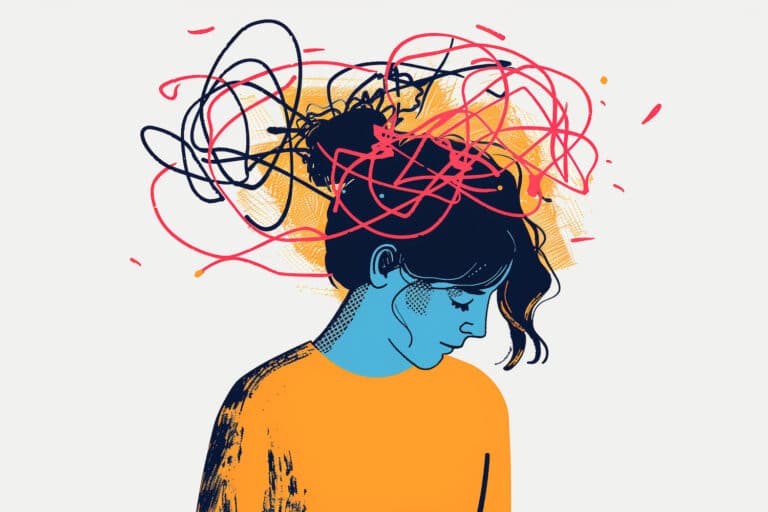By: Magnolia Creek Staff
Eating disorders, such as anorexia nervosa and bulimia nervosa, are significant health concerns. According to the National Eating Disorders Association, it is estimated that 20 million women, and 10 million men in America will have an eating disorder at some point in their lives. These illnesses have a common goal: the desire to reach a significantly low body weight through maladaptive food behaviors. The body weight desired is often far from nutritional recommendations. Because of this, several negative consequences begin to occur, with malnutrition being one of the most dangerous repercussions.
Malnutrition, defined as the inadequate or unbalanced intake of certain nutrients that are necessary for supporting healthy tissue and organ function, often goes undiagnosed, leading to death. Those suffering from malnutrition can feel depressed, irritable, hopeless, and moody. However, there are also several physical symptoms of malnutrition:
• Damage to heart tissue and circulation
• Bad skin
• Brittle nails
• Thinning hair
• Pancreatitis
• Decrease in infection-fighting white blood cells
Many patients with eating disorders may appear as if they are a normal weight or even overweight, leading health care providers to be unconcerned about malnutrition. However, malnutrition can develop from both under-nutrition, as is the case with anorexia nervosa, and overnutrition, which can often be the case in binge eating disorder.
All too often, health care professionals become complacent in patient care, allowing a misinterpretation of the eating disorder and the individual judged by physical appearance rather than a mental and emotional disorder. For a more thorough investigation into patient care, healthcare providers should better educate themselves on the signs and symptoms of eating disorders.
Because the effects of malnutrition can be devastating to the body’s ability to function properly, proper screening is crucial to accurately identify malnourished patients. Early nutritional intervention is the key to best outcomes for patients suffering from malnutrition. Comprehensive care for the eating disorder is the most effective form of treatment for malnutrition. Treatment, such as that offered at Magnolia Creek, gives the body the opportunity to heal, recover, and restore nutritional deficiencies. We work with our clients to recognize and process the contributing factors and triggers to the development of their eating disorder. Partnering with the clinician, and dietician, we develop a customized meal plan that nourishes the body to help it function. Nutritional restoration occurs gradually as an individual consistently consumes adequate food and begins to normalize their eating behaviors.
Magnolia Creek provides a treatment environment that emphasizes self-acceptance, validation, and personal empowerment. Using an evidence-based treatment model, we work with you to address the medical, nutritional, psychological, spiritual, social-emotional, and behavioral needs so you can fully recover from your eating disorder. To learn more about our program, please call us at 205-235-6989 or complete our contact form.




